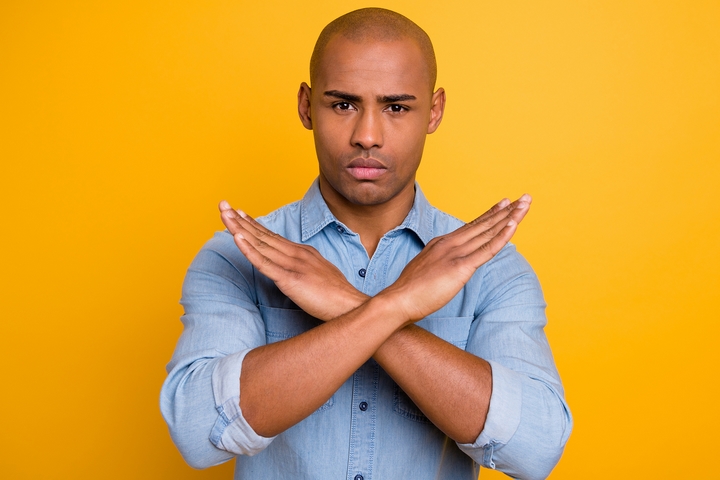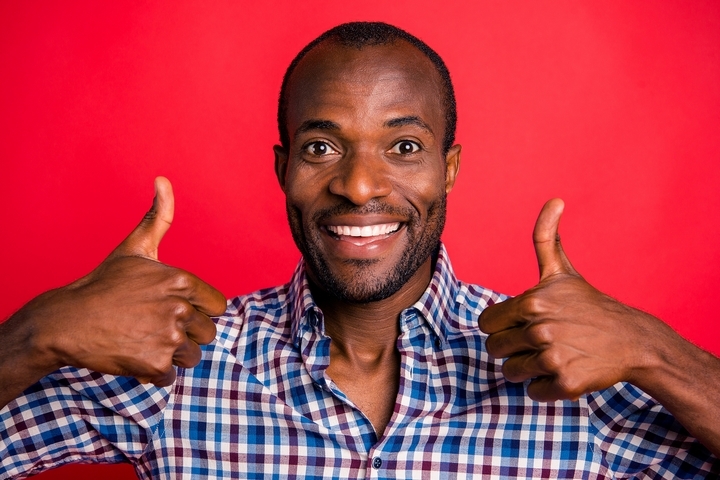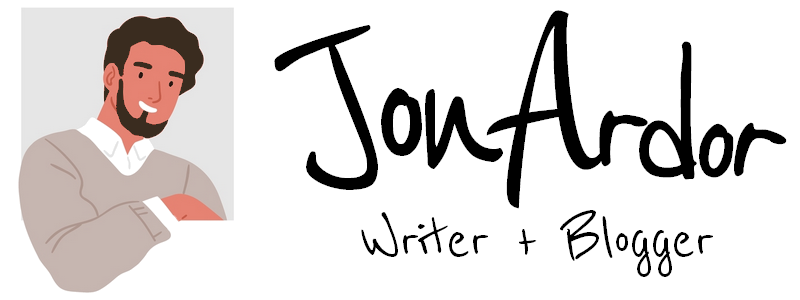How to Stop Cocaine Addiction and Get Treatment

Cocaine is a highly addictive substance that is immeasurably difficult to quit. To overcome a cocaine addiction, often an addiction treatment center is required. The cocaine quitting withdrawal symptoms are tough on the body and are a primary reason many struggle to stop taking the substance.
If you’re worried about your drug use or know someone you are worried about who has a substance addiction, here is how to stop cocaine addiction and how to make it to the other side.
1. Ask for help

To stop cocaine addiction, it takes two or three months to fully overcome withdrawal and to move ahead of where the addiction has you in its grips. Ask for help. A person cannot be expected to overcome cocaine addiction alone.
The cravings are too intense, the withdrawal symptoms are dangerous to manage on your own, and no aspect of kicking an addiction like this will be easy. Addiction treatment centers can help.
2. Let family and friends know

A strong support system is critical to avoiding relapse. Let family and friends know what’s happening and the journey you’re about to take. Inform those closest to you about your goals to quit, and doing so will hopefully provide positive reinforcement to you as you undertake quitting cocaine.
If you opt not to tell family and friends, that’s okay. Going to an anonymous support group for the same encouragement and reinforcement is recommended to keep you on the right path.
3. Prioritize mental health

Many people get addicted to cocaine due to an underlying mental or emotional cause. Whether that describes your particular cocaine addiction or not, in recovery, it is key to treat the health of someone in addiction at the mental and emotional level.
A part of cocaine withdrawal can be depression, which is something that requires treatment as well.
4. Identify and remove cocaine triggers

As soon as you quit, any objects, images, people, or circumstances pushing you to use cocaine should be removed from your environment. This includes removing stressors or any underlying causes you believe may have supported your addiction.
Eliminate contact with your dealer and start with a clean slate, spending time around other people and things not connected to your cocaine use.
5. Have patience with the physical dependence

Cocaine use creates tolerance and physical dependence. If someone addicted to cocaine stops using, withdrawal symptoms emerge greatly. This is what causes someone to fall back into their addiction.
For this reason, just like mental and emotional health requires treatment, so does physical dependence. Have patience.
6. Be ready for the cocaine withdrawal symptoms to come

Cocaine withdrawal is several symptoms that show up when one stops consuming the drug. There are physical withdrawal symptoms as well as mental and behavioural. While they can be mild, in many cases, they’re severe.
If you have to suffer through withdrawal, it is key to remember that there is an end to it coming. For those who can get through cocaine withdrawal, the next steps are much easier.
7. If possible, have medical supervision during withdrawal

When symptoms are severe, have medical supervision to ensure that, if there is a medical incident, you’re already where you need to be to be taken care of. For some people, cocaine withdrawal causes fatigue, depression, and agitation.
For others, it can involve seizures, strokes, extreme headaches, and has serious effects on the body. Medical supervision at an addiction treatment center can be a safe step.
8. Work on healthy habits during your addiction recovery

Kicking a cocaine addiction often means you will have an increased appetite, discomfort and pain, experience fatigue, and have other difficult-to-deal-with symptoms. Focus on healthy habits throughout this time.
An addiction treatment center can work with you to establish a routine, reinforcing positive habits that can replace the circular thinking that comes with feeding cocaine withdrawal.
9. Have a daily routine to keep you busy

While addicted to cocaine, most of a person’s time is spent thinking about cocaine, searching for it, or getting high. After all that’s taken away, it’s essential to fill in that time immediately with new habits, hobbies, and activities.
Consider volunteering somewhere, get out into new environments, and explore things that interest you. Don’t think about past habits. Try to build a new network of interests and things to consider that do not involve using.
10. Put together a cocaine detox treatment plan

Not only can an addiction treatment center aid with medical monitoring and ensuring your physical health is stabilized, but they can put together a plan for you and treat symptoms as they occur. They can provide comfort medications to help elevate dopamine levels to boost the likelihood of successfully kicking your habit. They can provide key resources, such as access to CBT or cognitive behavioural therapy.
